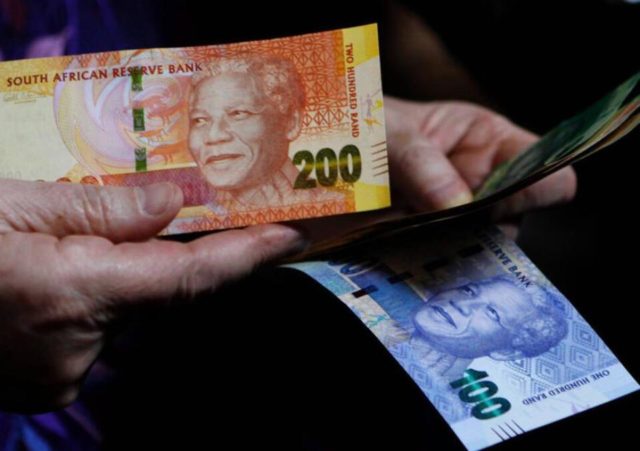Cut took interest rates back to a low last seen in the 1970s
CONSUMERS battling to pay their mortgages and vehicle loans may have breathed a sigh of relief after the SA Reserve Bank (SARB) again slashed interest rates, taking them to levels not seen in half a century.
Economists and consumer groups said on Friday that the interest rate cut had been anticipated, with some saying they had expected a cut of at least 100 basis points.
SARB governor Lesetja Kganyago on Thursday announced a 50 basis point cut, taking the repo rate to 3.75% a year from today.
Kganyago said three members of the bank’s Monetary Pricing Committee had preferred a cut of 50 basis points, and two had preferred a cut of 25 basis points. He said there was scope for a further two 25 basis point cuts later this year.
Highlighting the economic climate that led to the decision, Kganyago said the IMF had forecast that global gross domestic product (GDP) would decrease by about 3% this year.
“Economic contractions are expected to be deepest in the second quarter of 2020, with gradual recoveries in the third and fourth quarters. The strength of the global economic recovery will depend in part on how quickly countries are able to open up for economic activity safely, and in particular how effectively societies comply with social distancing rules,” he said.
Kganyago added that the World Health Organization had advised that further complications from the virus were being identified and the pandemic was unlikely to end quickly, as the virus would come in waves over time.
He said the bank expected GDP to contract by 7% in 2020, compared with the 6.1% contraction forecast in April. GDP was expected to grow by 3.8% in 2021 and by 2.9% in 2022.
“Even as the lockdown is relaxed in coming months, for the year as a whole, investment, exports and imports are expected to decline sharply. Job losses are expected to be widespread. Easing of the lockdown will support growth in the near term, and some high-frequency activity indicators show a pick-up in spending from extremely low levels,” he said.
However, he said getting back to pre-pandemic activity levels would take time.
Economist Dawie Roodt said the bank had done the right thing cutting interest rates, but it did not mean much in the current economic environment as it would not stimulate growth.
“Cutting interest rates is in line with expectations but won’t make a difference because people aren’t going to start borrowing money and buying cars and flat-screen televisions. As Kganyago said, we need structural adjustments to the economy, such as sorting out the state-owned enterprises – the reserve bank can’t sort it out,” Roodt said.
“Interest rates are getting so low that it’s starting to cause damage in other areas of the economy. I’m getting calls from elderly people complaining.”
Roodt said the cut would equate to an interest saving of about R300 a month on a R1 million bond.
PwC economist Christie Viljoen said the cut took interest rates back to a low last seen in the 1970s and would give “a bit of a boost” to struggling consumers. “It’s good news and is going to help households that have debt to pay on houses and vehicles,” he said.
However, Viljoen said the forecast 7% contraction in GDP was “conservative” and he expected the bank to adjust this in coming months. He said inflation would remain low in 2021 and it was too early to indicate when interest rates might start climbing as it was a “new world”.
“The governor said they’re expecting growth next year and inflation will still be low so there won’t be pressure from the inflation side to lift rates. It’s too far away to get any idea of what rate normalisation will look like. It’s a new world,” he said.
Economic Justice and Dignity spokesperson Mervyn Abrahams welcomed the cut, saying the bank still had room to lower interest rates further in line with other emerging economies.
“I would have expected 100 basis points, but even 50 is useful because lowering debt repayments means there’s a little bit of extra money in the pockets of consumers.”








